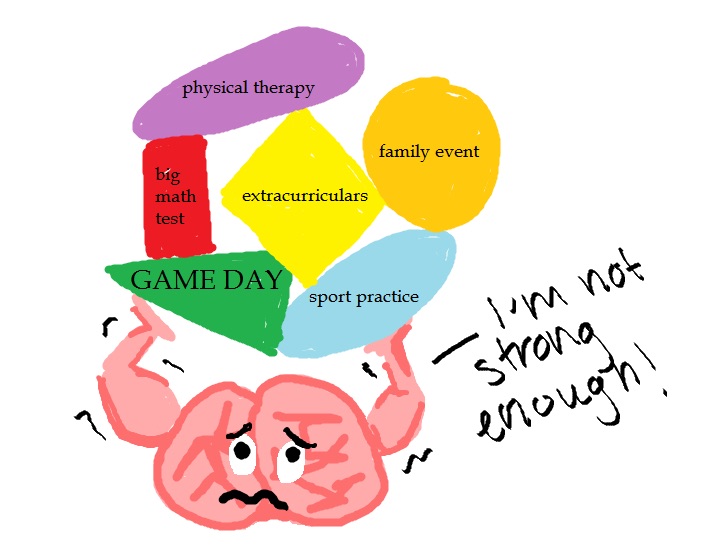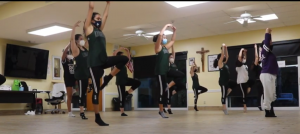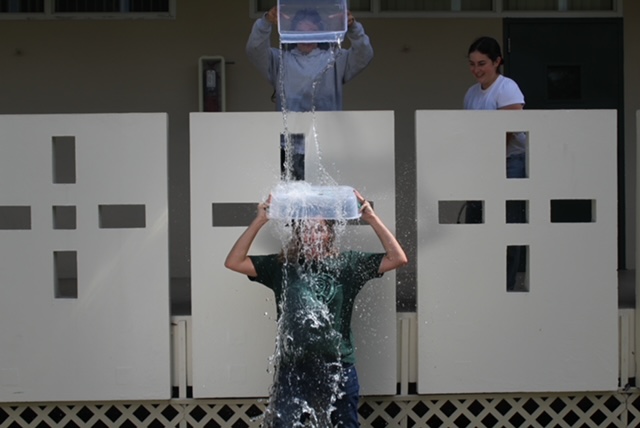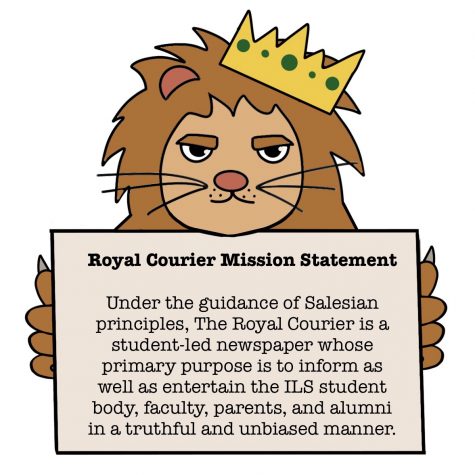The Psychology Behind Being Injured as an Athlete
October 17, 2022
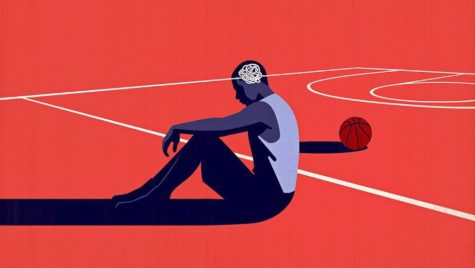
Imagine you are in the best shape of your life, you are mentally and physically strong, performing at your best, your future is looking bright and out of nowhere you become injured. This feels like the end of your life? Right? Well, it’s not!
Injuries always take a toll on your mental health, making you take new steps and go through very hard processes to get better. Negative thoughts and feelings are normal reactions to the situation. In sports, athletes work very hard for their positions, talent, and their confidence. Injured athletes could experience a very wide range of emotions, including anxiety, frustration, depression, and even lack of confidence.
The reason of feeling like this is because athletes tend to identify themselves in terms of sports.
Varsity Volleyball player Anakarina Blavia remembered struggling after an injury. Initially, she was scared to play again.
“I felt like my world was over; I love my sport so much that I didn’t know what I would do without it,” she said.
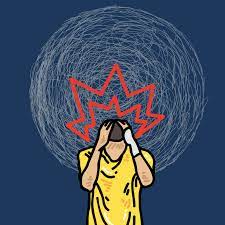
Elite athletes are vulnerable to mental health disorders as a result of various specific stressors they experience in their sport. Some key factors are injury, social media, scrutiny and overtraining. It is so important to talk about mental health and break the stigma which also allows other people to speak up. Poor mental health causes breaks in focus and prep, poor performance, and even injuries. When your mind is not at its best, your body also feels down which causes you to be more susceptible to injury.
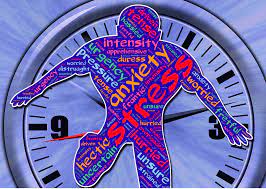
The senior team captain of the Varsity Volleyball team, Angelina Cambo, was recently injured at one of the last home games, resulting in a severe sprain to her ankle.
“When I first sprained it, I refused to come off the floor. I could put some pressure on it, but I kept playing which definitely made it worse and resulted in me staying out longer,” she said.
She wanted to help her team, but she knew at one point she couldn’t risk it anymore.
“Staying out of games was so frustrating. It was a setback to everything I was working for in the moment,” she recalled. Thankfully, she is healing fast and will be back on the court in time for districts!
Many teen athletes who do get injured go through many internal conflicts when it comes to not being able to play. Implementing more mental health resources in sports is so important for student athletes to make sure they know they have support and can be open about it, both keys to having happy and healthy players.


